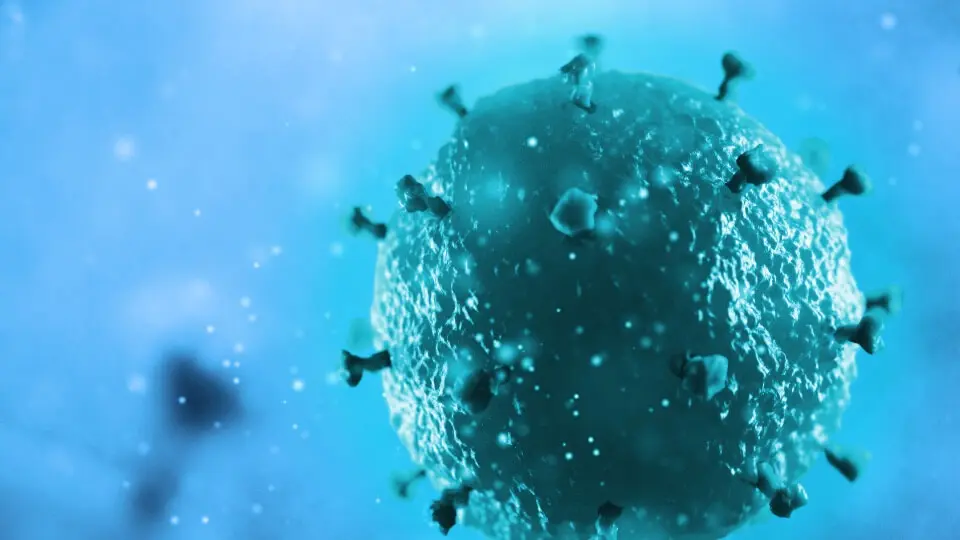HIV Research
HIV affects tens of millions of people globally and currently has no known cure. One current strategy for curing HIV is known as the “kick and kill” approach. The “kick” is to induce HIV out of its latent resting state in T cells and the “kill” is to remove or kill the infected cells via an immune response or immunotherapy.
We believe ANKTIVA® is a molecule capable of both “kick and kill” in this strategy because of its ability to activate viral transcription in CD4+ T cells (“kick”) while strongly activating CD8+ effector memory cells and NK cells important for recognizing and killing HIV infected cells (“kill”), as well as directing these cells to sites of viral reservoirs.

Rockefeller University Trial
People infected with the human immunodeficiency virus (HIV) face a lifetime of treatment with anti-retroviral therapy (ART) due to the persistent of viral ‘reservoirs’ in a type of immune cell called a T cell. Despite use of ART, HIV-infected people are still at risk for resurgence of the virus (viremia), particularly if they have a lapse in ART. This risk may be reduced by therapy with antibodies directed against the virus in combination with the immune function-enhancing interleukin-15 (IL-15) superagonist N-803 (nogependekin alfa inbakcept; ANKTIVA). To assess the safety and effects of this approach, a phase 1 study is being conducted using two broadly neutralizing antibodies (bNAbs) – 3BNC117-LS and 10-1074-LS – given intravenously (IV) at week 1, plus N-803 given subcutaneously (SC) at week 1 and then every three weeks for a total of eight doses. Thirty-six participants will be enrolled in the study and there will be 2 groups (or ‘cohorts’). Participants will be divided cohorts A and B based on HIV resistance (if any) to the antibodies being tested as detected by the ‘Monogram PhenoSense’ assay. The participants will not receive ART during the course of the study and will be followed for up to 72 weeks. The investigators will record any adverse events to assess safety, and look for evidence of viremia to assess efficacy.
https://clinicaltrials.gov/study/NCT05245292
Thai Red Cross and the U.S. Military HIV Research Program
In April 2021, we announced the launch of a Phase 2 trial sponsored by the Thai Red Cross and the U.S. Military HIV Research Program. The trial is enrolling 15 patients and is designed to investigate the safety, tolerability and immunostimulatory effects of administering N-803 during acute HIV infection. N-803 will be administered subcutaneously at weeks zero, three and six (for a total of three doses) and will be initiated together with antiretroviral therapy in order to determine if the immunostimulatory effects of N-803 will reduce the amount of HIV present during acute infection. The trial duration for individual participants will be approximately 12 weeks. It is hypothesized that N-803 initiated with anti-retroviral therapy during acute HIV infection will not result in complications or additional toxicities compared with anti-retroviral therapy alone, and may result in a reduced viral load in these patients by inhibiting early establishment of HIV reservoirs in infected individuals.
https://clinicaltrials.gov/ct2/show/NCT04505501
NIAID University of Minnesota Trial
In a Phase 1b, non-randomized, open-label clinical trial sponsored by the University of Minnesota in collaboration with the National Institute of Allergy and Infectious Diseases (NIAID), the immunological effects of N-803 on B cell follicles in 10 HIV-infected adults receiving effective antiretroviral therapy was investigated. Given the established ability of N-803 to increase activation of cytotoxic CD8+ T cells and reverse HIV latency, the hypothesis is that in these HIV-infected subjects, N-803 would increase CD8+ T cell migration to B cell follicles that will result in the killing of cells with inducible HIV provirus – eliminating the HIV reservoir that is an obstacle to a cure. All subjects have completed the trial and collected data are under analysis.
https://clinicaltrials.gov/ct2/show/NCT02191098
More than forty years after its discovery, HIV/AIDS continues to claim over a million lives annually worldwide. ImmunityBio is studying how combination therapy with the NK and T-cell activator N-803 and broadly neutralizing antibodies allows the immune system to control HIV and, ultimately, eliminate the need for antiretroviral treatment.



